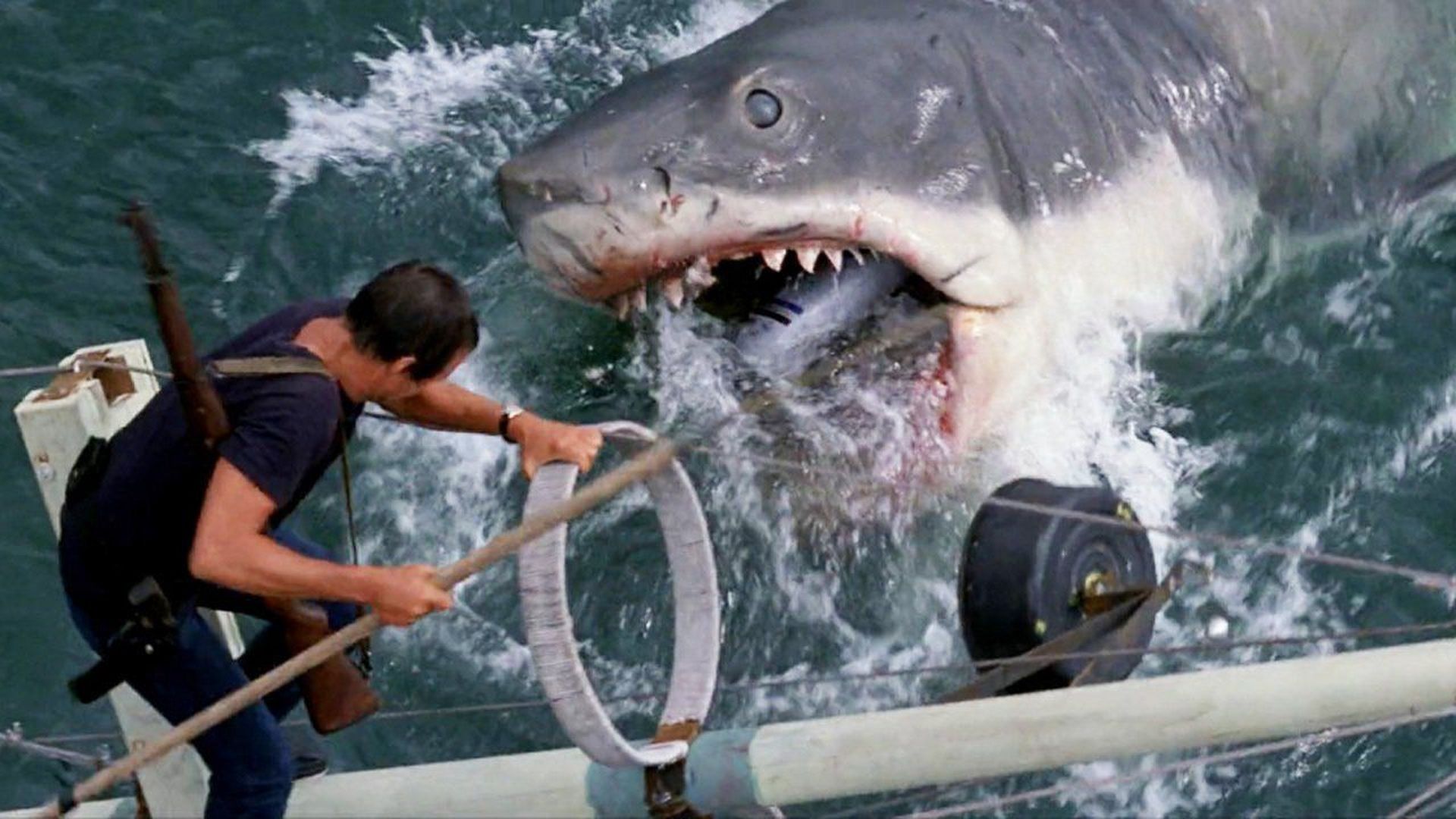Is it just me, or do movie test screenings kill originality?
It might be time for filmmakers and studios to stop pandering to movie test screenings

In 1987, Fatal Attraction was test screened for audiences, and things did not go well. In this original version, bunny-boiler Alex (Glenn Close) slits her own throat with a kitchen knife belonging to her former lover Dan (Michael Douglas), thus framing him for her murder.
Test audiences baulked, however, and so production rolled into reshoots for a further three weeks. The result? A theatrical cut in which Dan’s wife dispatches Alex and the family emerges triumphant. “The original ending was a gorgeous piece of film noir,” Close later said, “but audiences wanted some kind of cathartic ending.”
Test screenings are nothing new. Silent comedy star Harold Lloyd reportedly used them as early as 1928. And they certainly do have their place: Spielberg added the infamous floating-head jump scare to Jaws following tests.
But issues arise when directors start to pander to audiences or – worse still – have their films compromised by risk-averse studios. As late super-critic Roger Ebert observed, “Too often, studio executives use preview screenings as a weapon to enforce their views on directors, and countless movies have had stupid happy endings tacked on after such screenings.”

Examples abound: The Descent’s ultra-bleak finale bombed with US audiences, leading director Neil Marshall to recut for a more hopeful denouement; Final Destination had its ending re-filmed multiple times to try to please the public; Stallone survived First Blood; Pretty Woman’s downbeat conclusion got nixed for happily-ever-after romance; and terrible tests led De Palma to re-edit Raising Cain completely.
Giving audiences what they think they want is a slippery slope, one that dilutes directors’ visions, and can further sideline minorities. As Desiree Akhavan – who doesn’t test her films – said during a recent promo for The Miseducation of Cameron Post: as a bisexual female director of Iranian descent, she is already marginalised,
so compromise isn’t an option.
Cinema needs more challenging films, with rough edges and polarising reactions. Not everything should be made for the majority. And if film really is a director’s medium, then surely audiences should simply sit back and enjoy. Or is it just me?
Sign up for the Total Film Newsletter
Bringing all the latest movie news, features, and reviews to your inbox
Each month our sister publication Total Film magazine argues a polarising movie opinion and gives you the opportunity to agree or disagree. Let us know what you think about this one in the comments below and read on for more.
Is it just me, or is hype not always a force for evil?
Is it just me, or or should 95% of TV shows only get one season?
Is it just me, or was it better seeing trailers for the first time at the cinema?


